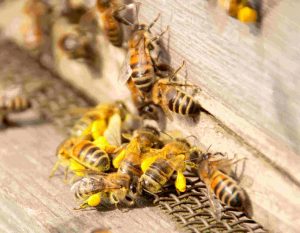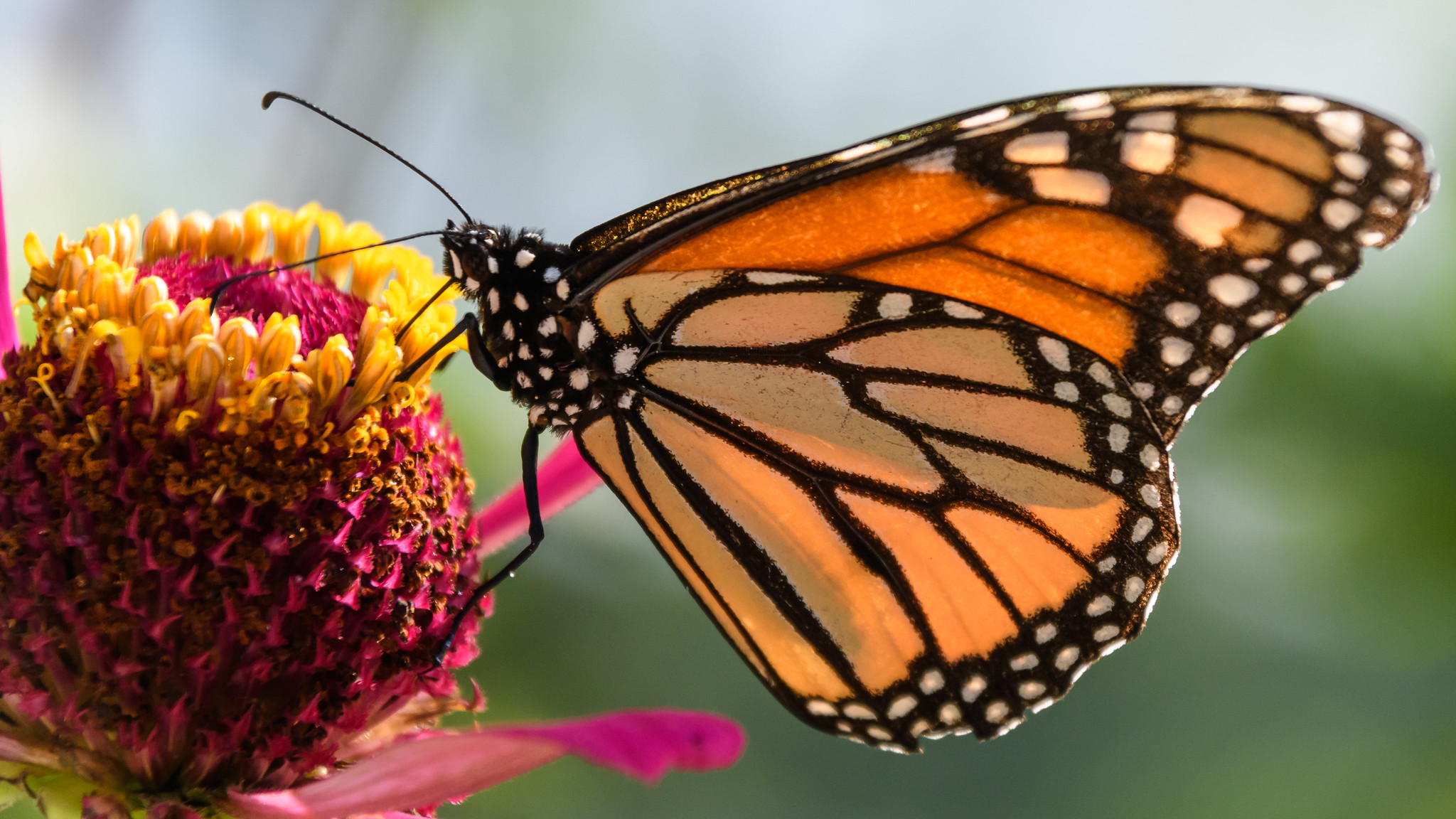|
Getting your Trinity Audio player ready...
|

According to the world’s top bug experts, insects are undergoing “death by a thousand cuts.” A CBS News article on Jan. 12, 2021, states that Climate change, herbicides, light pollution, insecticides, invasive species, and changes in land and agriculture are the leading cause of insect deaths.
Each year the Earth loses around one to two percent of its insects, according to University of Connecticut entomologist David Wagner. Wagner is the lead author in the special package of 12 studies in January 11 Proceedings of the National Academies of Science — which was written by 56 scientists from around the world.
Sometimes people call this issue the insect apocalypse. Some believe the insect apocalypse is like a jigsaw puzzle — one science experts are having a hard time piecing together. Due to this, they are having a hard time emphasizing this problem to the world.
According to Wagner, experts need to figure out if insects are dying at a faster rate than other species.
There is some reason to worry more because they are the target of attack.
Wagner says this is because of light pollution, herbicides, and insecticides. According to co-author and University of Illinois entomologist May Berenbaum — and a National Medal of Science winner — “Insect decline is kind of comparable to climate change 30 years ago because the methods to assess the extent, the rate (of loss) were difficult.”
It is a well-known fact that many people severely dislike insects. Even though experts have cited insects are crucial to the food chain. Berenbaum also mentioned they help get rid of waste. Wagner added that insects “are absolutely the fabric by which Mother Nature and the tree of life are built.” — which many experts agree on.
 Two well-known insects on the decline are Monarch butterflies and honeybees. Due to the lack of food, parasites, insecticides, disease, and herbicides — honeybees have seen a dramatic decline.
Two well-known insects on the decline are Monarch butterflies and honeybees. Due to the lack of food, parasites, insecticides, disease, and herbicides — honeybees have seen a dramatic decline.
Cathy Milne-Ware — wife of commercial beekeeper Kurt Ware — stated:
They are dying so fast without human intervention we may not have honeybees in the wild much longer. When the bees die so does our natural pollination. They are working on artificial pollination but it will not sustain the world’s fruit, nut, and vegetable needs.
Due to Climate change, the Western United States have seen drier weather. The drier weather has caused milkweeds to dwindle. Milkweeds are a major food source for butterflies. People have made numerous changes in American agriculture — where they remove weeds and flowers butterflies need for nectar.
Experts have stated that butterflies help — in a small fraction compared to honeybees — in pollinating flowers. Due to the fact they flit from flower to flower looking for food. Last month the Trump administration announced that the Monarch butterflies were a “candidate” for federal designation as a threatened species. However, they will not receive the designation for several years.
The San Diego Zoo Global stated that for the past two years the honeybees numbers are down from the “dangerously low” levels of less than 30,000 monarchs. According to Paige Howorth, director of invertebrate care and conservation at San Diego Zoo Global, “migration of western monarchs is a unique yet fragile piece of North America’s natural history, and it is on the brink of collapse.”
Although the scientific papers published on January 11 do not show new data — they do show that experts have found a big problem. Experts have been able to identify at least one million insect species starting to decline in numbers. They believe at least four million more have yet to be discovered.
Doug Tallamy, a University of Delaware entomologist agrees with the published studies. He stated that the data shows how the world has spent the last three decades “spending billions of dollars finding new ways to kill” bugs. He further added “and mere pennies working to preserve them.”
Tallamy further stated that people can help revert insect apocalypse from happening. Of course, climate change is not an issue that can easily be reversed. The other issues can very easily be rectified.
Written by Sheena Robertson
Source:
CBS News: Scientists warn the world’s insects are undergoing “death by a thousand cuts”
Featured Image Courtesy of Peter Miller’s Flickr Page – Creative Commons License
Inline Image Courtesy of Paul Rollings’s Flickr Page – Creative Commons License



